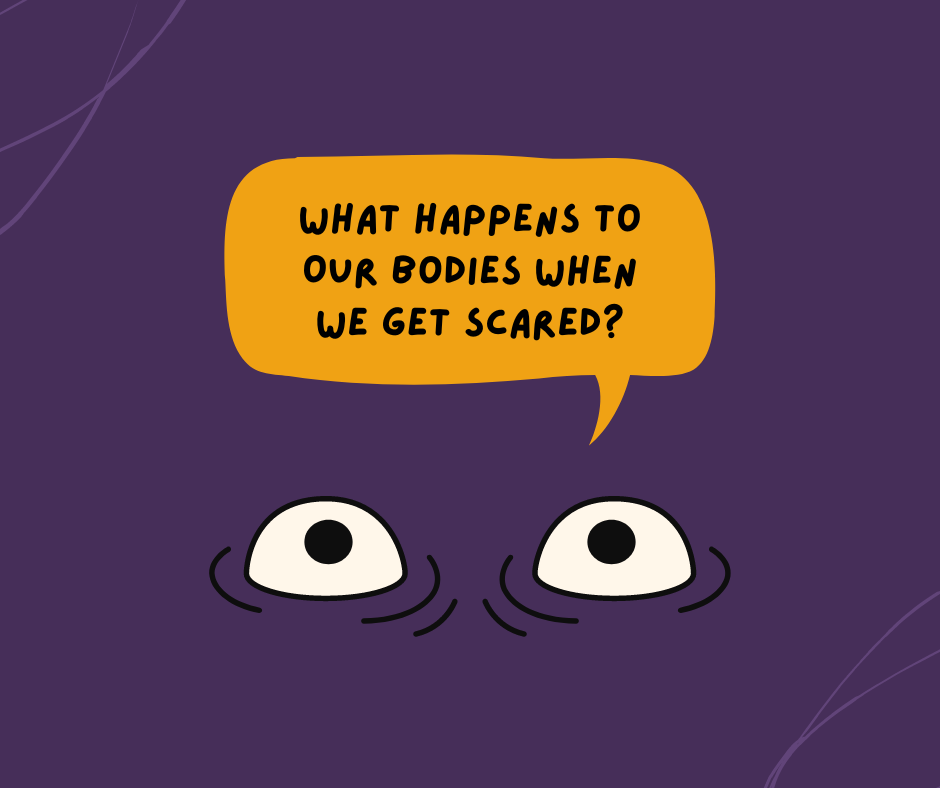Fear is a natural reaction to danger or perceived threat, and it triggers several physical and psychological changes in our bodies. When we encounter something that frightens us, our brain and body work together to prepare us for a fight-or-flight response. Here are some of the things our body does to itself when it is scared!
1. Increased Heart Rate
One of the first things that happen when we get scared is that our heart rate increases. This is due to the release of adrenaline, a hormone that prepares our body for action. Adrenaline increases the heart rate and the force of each heartbeat, helping to pump blood to the muscles and organs that need it.
2. Rapid Breathing
Along with an increased heart rate, we also begin to breathe more rapidly when we get scared. This helps to deliver oxygen to the body more quickly and prepares us for action.
3. Tightened Muscles
In response to fear, our muscles may become tightened and ready for action. This can make us feel tense and ready to fight or run away.
4. Dilated Pupils
When we get scared, our pupils may dilate, or become larger. This allows us to take in more visual information and better assess the situation around us.
5. Increased Sweating
Fear can also trigger an increase in sweating. This helps to cool the body down and can make it simpler to grip objects or maintain physical contact with another person or surface.
6. Digestive Changes
When we are scared, our body may decrease the blood flow to our digestive system. This can cause symptoms such as stomach cramps, nausea, and diarrhea.
7. Heightened Senses
Fear can also heighten our senses and make us more aware of our surroundings. This can help us detect potential threats and prepare for action.
8. Psychological Changes
Along with the physical changes, fear can also trigger psychological changes. For example, we may experience feelings of anxiety, panic, or helplessness. Our thoughts and perceptions may become distorted, and we may find it difficult to think clearly or make rational decisions.
Things to Remember
While fear is a natural and important response to danger, it can also have negative consequences if it is prolonged or excessive. Chronic fear can lead to several physical and mental health problems, including anxiety disorders, depression, and heart disease. Therefore, it is important to learn healthy coping strategies for managing fear and anxiety.
How to Deal with Fear
Some techniques for coping with fear and anxiety include deep breathing exercises, progressive muscle relaxation, mindfulness meditation, and cognitive-behavioral therapy. It is also important to seek professional help if fear or anxiety is interfering with daily life or causing significant distress.
Conclusion
In conclusion, fear triggers many physical and psychological changes in our bodies, including increased heart rate, rapid breathing, tightened muscles, dilated pupils, and digestive changes. While fear is a natural and important response to danger, it can also have negative consequences if it is prolonged or excessive. Therefore, it is important to learn healthy coping strategies for managing fear and anxiety and seek professional help if necessary.
